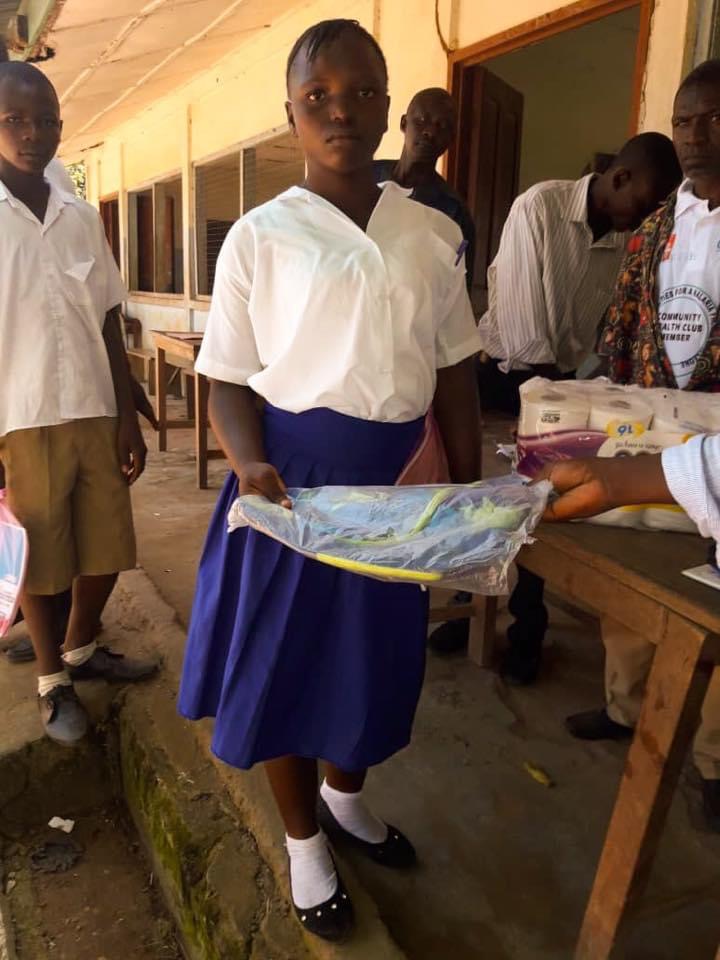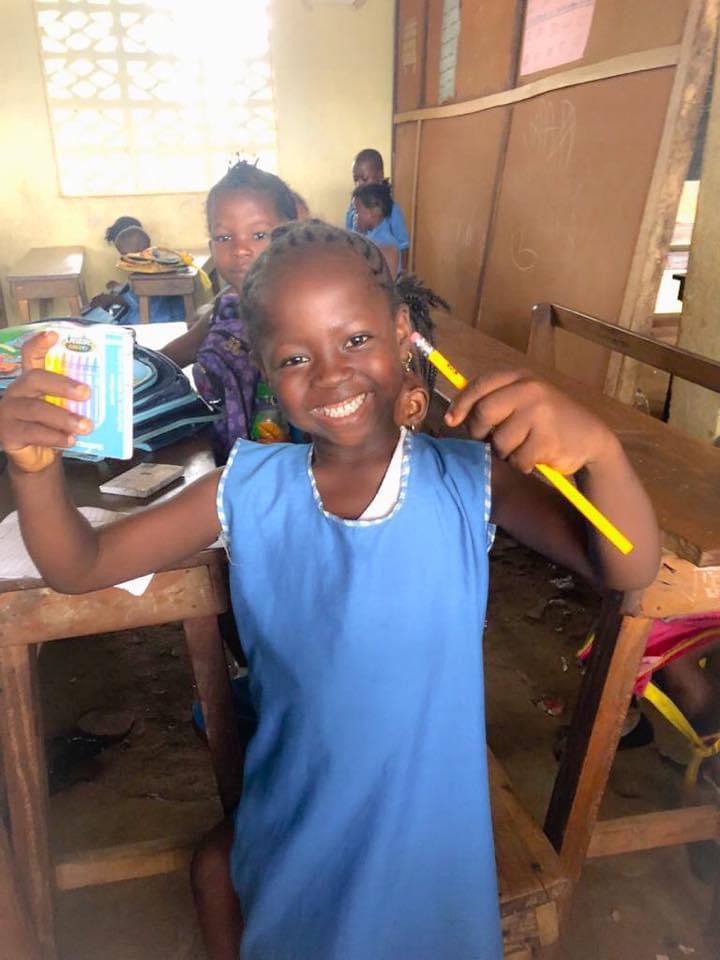Sierra Leone faces significant challenges in its healthcare and mental wellness sectors. Despite progress in many areas, the country grapples with limited access to medical services and mental health support, which profoundly impacts the quality of life for its citizens. Understanding the current state of health and mental wellness in Sierra Leone and the potential benefits of improved access to healthcare can shed light on the urgent need for comprehensive reforms and investments.
Statistics paint a stark picture of Sierra Leone’s healthcare landscape. According to the World Health Organization (WHO), Sierra Leone has only 0.2 physicians and 0.4 hospital beds per 10,000 people, which is drastically below the global average. This shortage of healthcare professionals and facilities results in limited access to essential medical services, particularly in rural areas. Consequently, the country experiences high mortality rates, with a life expectancy of just 54 years, one of the lowest in the world.
The lack of access to doctors and healthcare services directly impacts the quality of life in Sierra Leone. For instance, maternal and child mortality rates remain alarmingly high. The WHO reports that the maternal mortality ratio in Sierra Leone is 1,120 deaths per 100,000 live births, compared to the global average of 211. Access to skilled healthcare professionals during pregnancy and childbirth is crucial for reducing these numbers. Studies show that countries with better healthcare access experience significantly lower maternal and child mortality rates, highlighting the life-saving potential of improved medical services.
Mental health is another critical area where Sierra Leone faces substantial challenges. The prevalence of mental health disorders in the country is high, with an estimated 25% of the population experiencing some form of mental illness in their lifetime. Despite this, mental health services are severely underdeveloped. There is only one psychiatrist for the entire nation, and mental health facilities are almost non-existent. This lack of resources contributes to untreated mental health conditions, which can lead to chronic disability, poverty, and a lower quality of life.
Addressing these issues requires a multifaceted approach. Increasing the number of healthcare professionals is a vital first step. The correlation between the density of healthcare workers and health outcomes is well-documented. For example, the WHO suggests that countries with a higher ratio of healthcare workers to population generally see better health outcomes, including lower mortality rates and higher life expectancy. In Sierra Leone, increasing the number of doctors, nurses, and midwives would directly enhance the capacity to provide essential medical services, especially in underserved areas.
In addition to increasing the workforce, improving healthcare infrastructure is crucial. Building more hospitals and clinics, particularly in rural regions, can ensure that more people have access to the care they need. Mobile clinics and telemedicine can also play a role in reaching remote populations. These strategies have proven effective in other low-resource settings, offering valuable lessons for Sierra Leone.
Mental health support requires parallel efforts. Expanding mental health services and integrating them into primary healthcare can help address the treatment gap. Training community health workers to recognize and manage common mental health conditions can also improve access to care. Moreover, public awareness campaigns can reduce the stigma associated with mental illness, encouraging more people to seek help.
The economic benefits of investing in health and mental wellness are significant. According to the World Bank, every $1 invested in healthcare yields an average return of $4 in increased productivity and economic growth. Healthier populations are more productive, miss fewer days of work, and contribute more effectively to the economy. In Sierra Leone, these investments can drive sustainable development and poverty reduction.
In conclusion, Sierra Leone’s healthcare and mental wellness sectors face profound challenges, but the potential for positive change is immense. By increasing access to doctors and healthcare services, the country can significantly improve the quality of life for its citizens. With concerted efforts and strategic investments, Sierra Leone can overcome its health and mental wellness struggles, paving the way for a healthier, more prosperous future.






